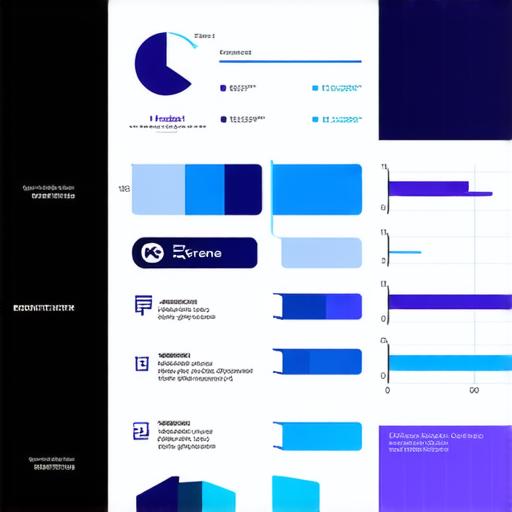When it comes to creating immersive and engaging video games, choosing the right programming language is crucial. The choice of language will determine the efficiency, scalability, and flexibility of the game development process. In this article, we’ll explore the most popular programming languages used by video game developers and their advantages and disadvantages.
C++
C++ is one of the oldest and most widely-used programming languages in the gaming industry. It was developed by Bjarne Stroustrup in 1983 as a C derivative language, which means that it shares many of the features of C while also providing additional functionality such as object-oriented programming and template programming.
One of the main advantages of using C++ is its speed and efficiency. It is a compiled language, which means that code written in C++ is translated into machine code before being executed. This results in faster execution times and better performance compared to interpreted languages like
Python
or
Java
Script.
C++ also offers a high degree of control over hardware resources, making it ideal for creating games that require low-level access to the computer’s hardware. This allows developers to optimize the game’s performance and ensure that it runs smoothly on a wide range of systems.
However, C++ can be difficult to learn and requires a strong understanding of programming concepts such as memory management, pointers, and templates. It also has a steep learning curve, making it less suitable for beginners or those with limited programming experience.
C
C is a modern programming language developed by Microsoft in 1999. It was designed to be an object-oriented, integrated development environment (IDE) that combined the best features of C and
Java
.
One of the main advantages of using C is its simplicity and ease of use. It has a clean syntax and provides developers with a range of built-in tools and libraries that simplify the development process. This makes it an ideal choice for beginners or those who are new to programming.
C is also a popular language for creating games on the Unity game engine, which is one of the most widely-used game engines in the industry. Unity provides developers with a range of tools and features that simplify game development, making it easier to create complex games with minimal coding.
However, C can be slower than compiled languages like C++ due to its interpreted nature. It also has limited control over hardware resources, making it less suitable for creating games that require low-level access to the computer’s hardware.
Java
Java
is a popular programming language developed by Sun Microsystems in 1995. It was designed to be an object-oriented language that could run on any platform or device without the need for recompilation.
One of the main advantages of using
Java
is its portability and scalability.
Java
code can run on a wide range of platforms, including Windows, macOS, Linux, and mobile devices. This makes it an ideal choice for creating games that need to be played across multiple platforms.
Java
is also a popular language for creating games on the Unity game engine. Unity provides developers with a range of tools and features that simplify game development, making it easier to create complex games with minimal coding.
Python
Python
is a high-level programming language developed by Guido van Rossum in 1989. It was designed to be easy to read and write, with a syntax that emphasizes simplicity and readability.
One of the main advantages of using
Python
is its ease of use and readability. It has a simple syntax that makes it easy for beginners or those with limited programming experience to learn and use. This makes it an ideal choice for creating prototypes or small indie games.
Python
is also a popular language for creating games on the Pygame game engine, which is a lightweight and flexible game development platform. Pygame provides developers with a range of tools and features that simplify game development, making it easier to create complex games with minimal coding.
Final Thoughts

When choosing a programming language for video game development, it is important to consider the specific needs and requirements of your project. If you need low-level access to the computer’s hardware or require high performance, then C++ or C may be the best choice. If you need portability and scalability, then
Java
or
Python
may be more suitable.



